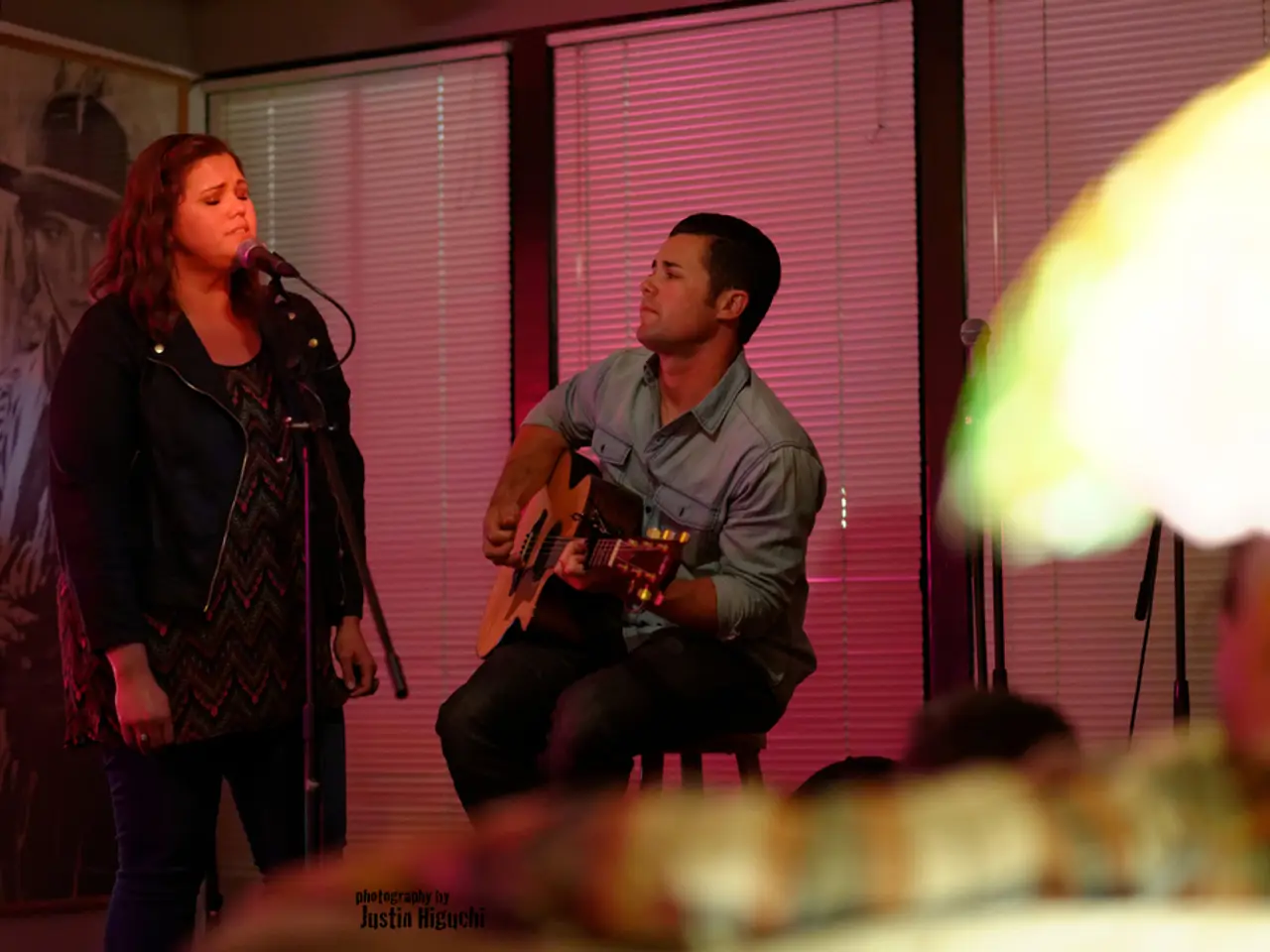Nashville Home Recording Studios Successfully Challenge City Regulations
In a significant victory for home studio owners in Nashville, the Tennessee Court of Appeals has struck down restrictions imposed by the city on home-based recording studios. This ruling marks the end of a decade-long legal battle that began with Elijah "Lij" Shaw's Toy Box Studio in East Nashville.
Shaw, a professional record producer, built a soundproof recording studio in his garage in 2005 to work from home. His studio sessions sometimes extended past 7:00 p.m., and while customers parked in his driveway, he received no complaints from neighbors initially. However, Nashville city restrictions imposed limits on home-based recording studios, which became the subject of legal proceedings.
The city's restrictions, imposed in 1998, made it illegal for home businesses to serve clients on the property. In 2017, an analysis by the Institute for Justice discovered that the zoning code allowed home-based daycares to serve up to 12 clients a day on the property. Shaw and Raynor, a hair stylist and a semi-retired widow who renovated their garage for a one-chair hair salon, joined Shaw in the lawsuit.
The city's ordinance imposed steep fines and potential imprisonment for any customers visiting a home business such as a recording studio, hair stylist, or other enterprise. The Institute for Justice and the Beacon Center of Tennessee represented Shaw and Raynor in the lawsuit. Nashville permitted Shaw and Raynor to have up to six visits a day, but imposed other requirements that they considered "invasive and burdensome".
Shaw and Raynor argued that visitor restrictions were being applied unequally to their businesses. People who live in historic homes in Nashville are allowed to use their homes several times a week for special events, such as wedding receptions and catered dinners. New legislation was passed in 2020 to allow home studios in Nashville, but with unfair restrictions that were later shown to be unjust.
The Tennessee Supreme Court overturned a previous dismissal of the unequal treatment case in the lawsuit in 2022. The appeals court agreed that Nashville Metro had not provided good reasons for favoring some home businesses over others. In a recent Facebook post, Shaw celebrated the nullification of the 2015 cease and desist from the city and the positive impact this decision will have on the music community in Nashville.
This ruling represents a significant win for home studio owners in Nashville, allowing professional music production activities to legally continue in residential settings. The city of Nashville could still appeal this latest decision to the state supreme court. Shaw's case specifically addresses how zoning and neighborhood concerns intersect with creative home businesses like recording studios, a trend that many musicians and producers in Nashville follow to accommodate their work, sometimes contending with sound and zoning challenges.
- Elijah "Lij" Shaw, a professional record producer, built a home-improvement project – a soundproof recording studio in his garage – to better integrate his work into his lifestyle, creating a home-and-garden blend that houses both his personal and professional life.
- The recent ruling by the Tennessee Court of Appeals in favor of Shaw's Toy Box Studio could have a major influence on the home-improvement sector in residential settings throughout Nashville, encouraging more recording studios and potentially other home businesses to flourish within the city.




